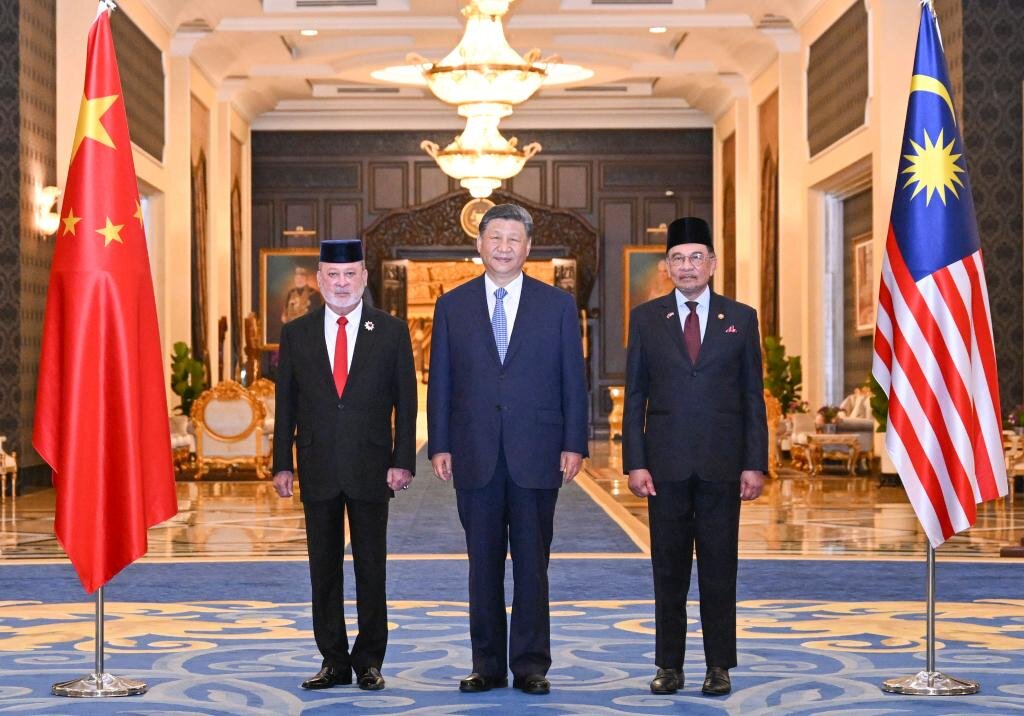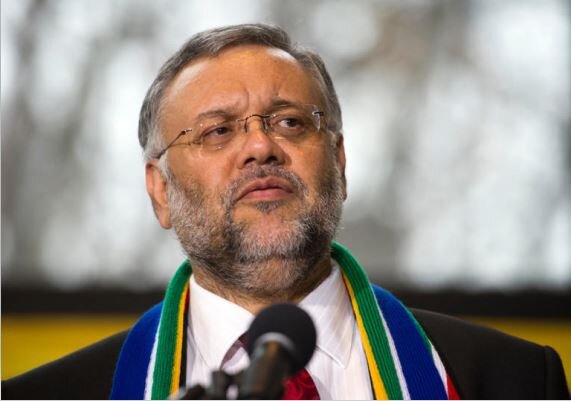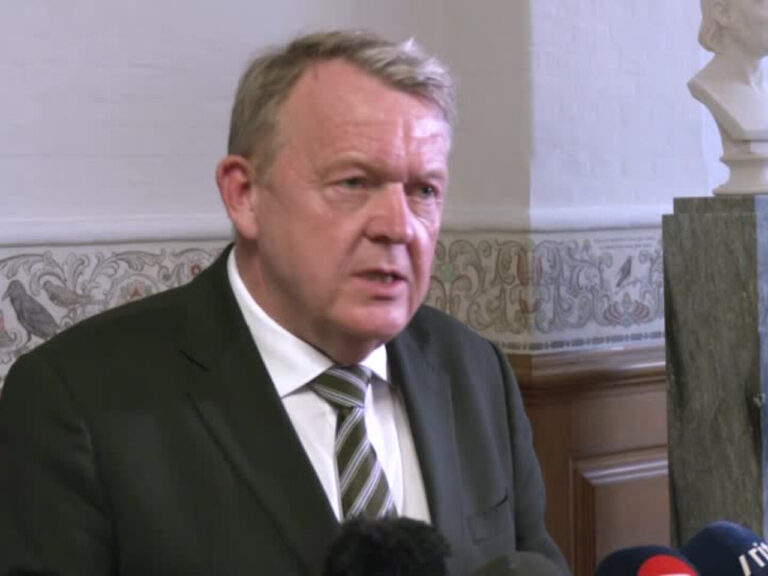China and Malaysia Forge a Powerful Partnership for a Prosperous Future
In a significant development for international relations, China and Malaysia are on the path to strengthening their collaboration through a new strategic partnership. This initiative follows President Xi Jinping’s recent state visit to Malaysia, where he outlined a comprehensive three-point plan aimed at establishing a high-level strategic community between the two nations.
During his meeting with Prime Minister Anwar Ibrahim in Kuala Lumpur, President Xi emphasized the importance of strategic independence and called for enhanced high-level strategic coordination between China and Malaysia. He articulated several key objectives for this partnership, which are crucial for both countries’ future growth and cooperation.
- Fostering Synergy for Development: Xi urged both nations to work together to create a model for high-quality development cooperation that benefits their economies.
- Strengthening Cultural Ties: The Chinese president highlighted the need for deeper exchanges and mutual learning between the two civilizations, aiming to carry forward their friendship across generations.
- Promoting Unity Against Geopolitical Challenges: He called on Asian countries to unite in opposing geopolitical confrontation, unilateralism, and protectionism, especially in light of the recent US trade war affecting China and numerous other nations.
During the meeting, Xi witnessed the signing of over 30 agreements with Prime Minister Ibrahim, encompassing diverse sectors including trade, tourism, railway transportation, and agriculture. This extensive collaboration signifies the commitment both countries have towards enhancing their economic and social ties.
The Malaysian Prime Minister referred to Xi as a “true friend” and reiterated Malaysia’s dedication to collaborating with China across various domains, particularly in emerging technologies such as artificial intelligence (AI), which are vital for future advancements.
President Xi also engaged in discussions with the Malaysian King, Sultan Ibrahim Sultan Iskandar. In their meeting, Xi referred to China and Malaysia as good neighbors, good friends, and good partners who share familial ties through frequent visits. He noted that the bilateral relations have flourished over the past fifty years and are now looking towards an even more promising future.
Xi further emphasized the need for joint efforts to foster the Global South’s pursuit of solidarity-driven collective advancement and common development. He arrived in Malaysia on Tuesday and marked his visit by publishing a signed article titled “May the Ship of China-Malaysia Friendship Sail Toward an Even Brighter Future” in three major Malaysian newspapers. In this article, he expressed that both nations must collaborate to inject new energy into their enduring friendship, which has navigated through history, ensuring it progresses steadily towards brighter horizons.
Malaysia represents the second stop on Xi’s tour of Southeast Asia, which commenced on Monday. Following his visit to Kuala Lumpur, he is scheduled to travel to Cambodia on Thursday. The partnership between China and Malaysia has been on a steady upward trajectory, with China maintaining its status as Malaysia’s primary trading partner for 16 consecutive years. In fact, the trade volume between the two nations reached an impressive record high of $212.04 billion in 2024.
Lin Jian, spokesperson for the Chinese Foreign Ministry, stated that President Xi’s visit to Malaysia is set to be a pivotal milestone in enhancing the relations between the two countries. The ongoing collaboration and commitment to mutual growth signify a robust future for China-Malaysia relations, as both nations seek to navigate the complexities of the global landscape together.
In conclusion, the recent diplomatic engagements between China and Malaysia highlight a promising chapter in their bilateral relations. Through strategic partnerships and a shared vision for the future, both nations are poised to embark on a journey that not only benefits their own citizens but also contributes positively to the broader regional dynamics.






